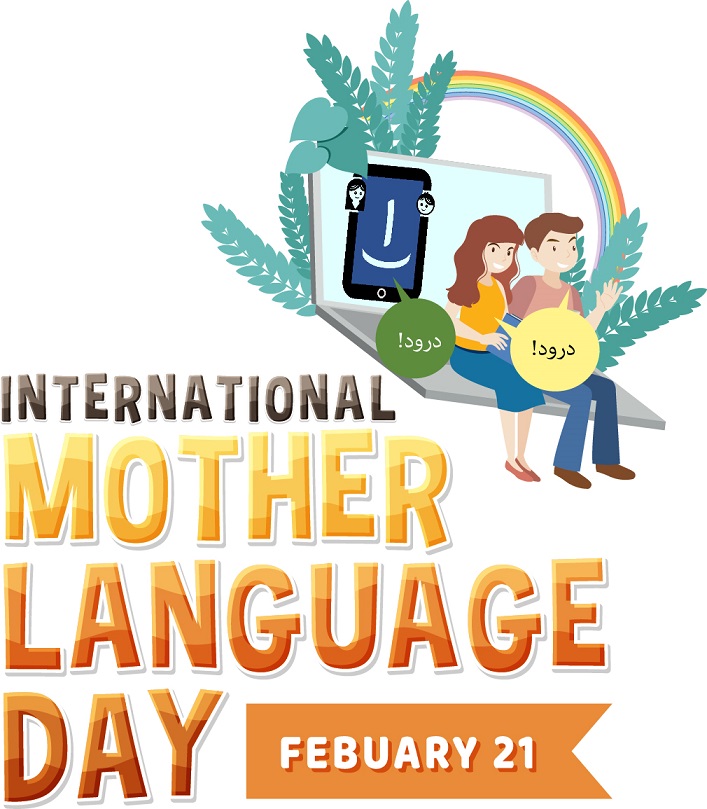Farsi Classes Abroad: Nurturing Cultural Roots for Iranian Z Generation
As we commemorate Mother Language Day, it’s paramount to delve into why Farsi classes hold immense significance for the Iranian Z generation growing up outside of Iran. For young Iranians navigating their cultural identity in foreign lands, embracing their mother language is not just about linguistic proficiency; it’s about fostering a deep connection to their roots, preserving their cultural heritage, and navigating their identity with confidence and authenticity. Let’s delve into why Farsi classes are vital for Iranian Z kids living abroad and how they contribute to shaping their cultural identity and sense of belonging.

Preserving Cultural Identity
Farsi classes play a pivotal role in preserving the cultural identity of Iranian Z kids growing up abroad. By learning Farsi, these young learners gain access to their cultural heritage, traditions, and values, instilling a sense of pride and belonging in their Iranian identity. Through engaging lessons and cultural activities, Farsi classes provide a space for Iranian Z kids to immerse themselves in the beauty and richness of the Persian language, fostering a deeper connection to their roots.
Navigating Cultural Identity
For Iranian Z kids raised in diaspora communities, navigating their cultural identity can be a complex journey. Farsi classes offer a supportive environment where young learners can explore and celebrate their Iranian heritage, helping them develop a nuanced understanding of their cultural identity. By connecting with their mother language, Iranian Z kids gain a sense of belonging and authenticity, empowering them to embrace their unique cultural heritage while navigating the challenges of growing up in a multicultural society.
Fostering Community Ties
Farsi classes serve as a vital platform for Iranian Z kids to connect with their families, communities, and cultural peers. Through language and cultural exchange, young learners build enduring bonds grounded in shared heritage and experiences. By participating in Farsi classes, Iranian Z kids not only strengthen their linguistic skills but also forge meaningful connections with fellow community members, fostering a sense of solidarity and belonging.
Empowering Multigenerational Exchange
Farsi classes facilitate intergenerational exchange within Iranian diaspora communities, bridging the gap between different age groups and preserving our linguistic heritage for future generations. By learning Farsi alongside their peers and engaging in cultural activities with older generations, Iranian Z kids gain a deeper appreciation for their heritage and a sense of responsibility for its preservation. Through these exchanges, young learners inherit a legacy of cultural knowledge and traditions, enriching their understanding of their Iranian identity.
In conclusion, on Mother Language Day, let us celebrate the indispensable role of Farsi classes in nurturing the cultural identity and heritage of the Iranian Z generation living abroad. By embracing their mother language, Iranian Z kids can connect with their roots, foster community ties, and navigate their cultural identity with confidence and pride.